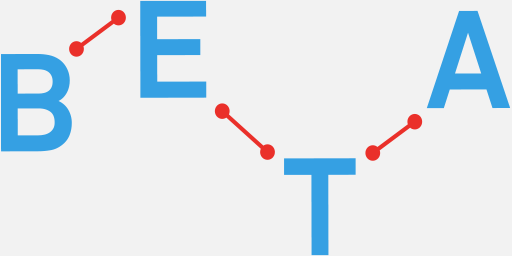
“This was one of the best workshops I’ve had. The time was very well spent.”
GGNB, University of Göttingen, July 2023
“The trainer went way beyond the generic advice usually found online and provided us with great tools and important knowledge to improve our writing.”
GGNB, University of Göttingen, July 2023
“The course was even more helpful than I expected.”
IZKF, UniKlinikum Erlangen, March 2023
“The online experience was very good, and pace and level were perfect.”
IZKF, UniKlinikum Erlangen, March 2023
“The course was really helpful and well done.”
RTG2162, Friedrich-Alexander University of Erlangen, February 2023
“Even though it was online, it was fun and very useful. Not boring and the timeslot was perfect!”
RTG2162, Friedrich-Alexander University of Erlangen, February 2023
“The trainer was very good – thorough, patient and flexible. Every part of the workshop was useful.”
Max Planck Institute for Intelligent Systems, Tübingen/Stuttgart, December 2021
“In recent weeks I had writers’ block. Today, after the course, I wrote 5 hours in a row. This feels great!”
Max Planck Institute for Intelligent Systems, Tübingen/Stuttgart, November 2021
“It was a great mix of theory, practice and hands-on tips. Although I have read books about writing, I learned way more in this course.”
Max Planck Institute for Intelligent Systems, Tübingen/Stuttgart, November 2021
“This course was exactly what I hoped for! The overall experience was great!”
RTG 2504, Friedrich-Alexander University of Erlangen, October 2021
The essentials
of academic
writing
Before they can actively participate in the dialogue within their research field, many early stage researchers must first develop their proficiency in academic English. BETA offers specialist training to help participants through this process, familiarising them with the writing conventions adopted in their particular field and providing them with practical tools to improve their English academic writing skills.

- Improve academic language
- Discover writing conventions in your field
- Undertake practical tasks based on your own work

This introductory course offers a practical guide to writing academic texts (e.g. progress reports, abstracts for conferences and research articles) in English. Training is delivered in short intensive in-house workshops and participants learn the key elements of academic writing through a combination of instruction, guided practice, discussion and individual feedback on practical assignments.

Post-graduate students, post-doctoral students and faculty members. Training can be provided for both individuals and small groups (max. 12) from a post-graduate programme, research group or university department. It is recommended that participants have a similar degree of research experience and come from similar disciplinary backgrounds.

This course consists of two key strands, one focusing on language use and the other on structuring. A typical example is shown below.
Structural component:
- Articulating your key message
- Developing a structure
- The Abstract: Drawing your reader in
- The Introduction: Positioning your research
- Methods and Results: Detailing your experiments and presenting your findings
- The Discussion: Putting your findings in context and communicating your key message
Language component:
- General guiding principles
- Formality and precision
- Cohesion and flow
- Punctuation and grammar

Every workshop uses authentic materials from the participants’ disciplines. The structural component is based on a genre analysis approach, identifying critical steps in each section of the target text. The language component includes short practical exercises within the disciplinary context. All participants have the opportunity to write a short first draft of a text section and received detailed individual feedback. Small groups foster a relaxed atmosphere, encouraging a high degree of interaction.

Workshops typically consist of ten 90-minute units, although this can be modified according to individual requirements. Whilst the format is flexible, two options are particularly popular:
Standard:
The standard format consists of two 90-minute units per day over five days (e.g. Monday to Friday, 09:00-12:15). This provides the maximum opportunity for writing practice in the afternoons, allowing participants to practise and consolidate what they have learned in the morning.
Intensive:
This format comprises two full days (e.g. 09:00-16:30) and one half-day (e.g. 09:00-12:15). This option is appropriate for those with limited time available.
